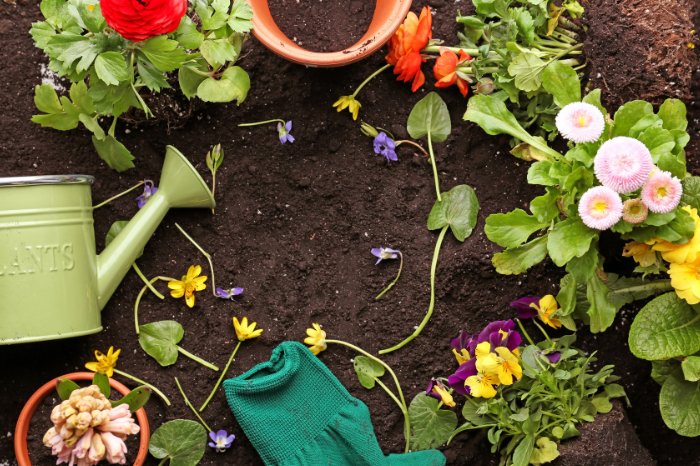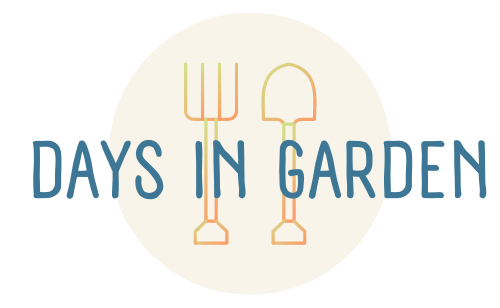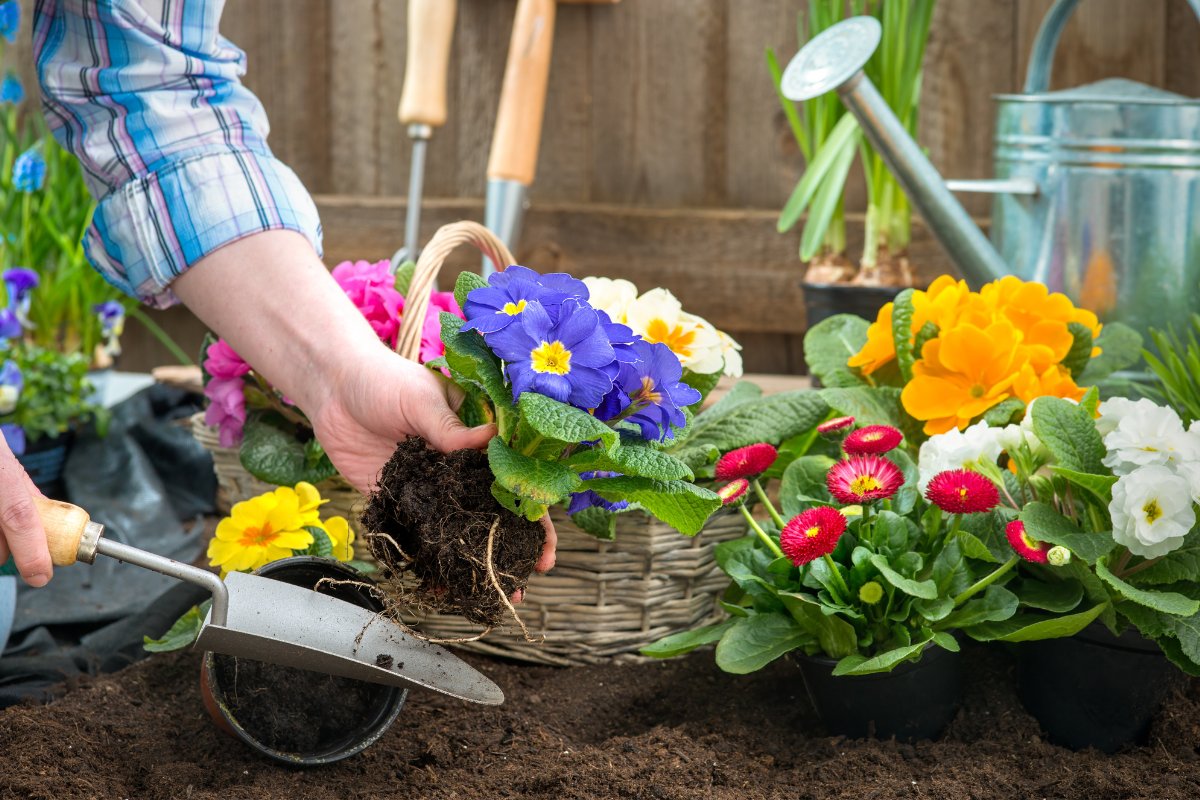Annuals are one of the most popular types of plants gardeners grow in their gardens. Finding the best soil for annuals is important to provide your plants with the nutrients they need. They will add beautiful color to any garden.
There are many different types of stunning annuals you can choose from to plant in your garden. You can add all sorts of different colors as annuals come in many colors. They can also be great plants for attracting bees, butterflies, and hummingbirds.
What Are Annuals?
Annuals are a type of plant that only lasts for one growing season. Unlike perennials, they do not come back again the next season.
Annuals typically bloom all season long until the first frost. Most people will choose to have a combination of both annuals and perennials in their garden.
Common Annual Bedding Plants
Bedding plants are typically sold at garden centers in six packs. They are meant to be planted in your garden bed or in a container.
Some of the most common annuals sold as bedding plants include marigolds, zinnias, impatiens, geraniums, cosmos, begonias, petunias, and pansies. All of these flowers are great for adding beautiful shades of color to your garden.
Click Here to Get Info About:
- The Best Soil For Rubber Plants Plus Everything You Should Know
- The Best Soil For Bamboo In Pots – A Guide To Growing Hardy Forest Plants
The Best Soil For Annuals
Oftentimes, you want to grow annuals in rich, well-draining soil. Adding peat moss or compost can provide beneficial organic matter that will help your annuals flourish.
While annuals grow best in rich, well-draining soil, some varieties can grow in other types of soil including clay-based. The best annuals for clay soil include coneflowers, butterfly bushes, and daylilies.
Fortunately, there are several different soils that you can choose from when planting annuals in your garden. They provide your plants with the nutrients they need in order to thrive and produce beautiful blooms.
Miracle-Gro Garden Soil All Purpose
This versatile soil is great for all of your gardening needs, from flowers to vegetables. As a complete in-ground garden soil, it is specially blended so it will grow plants that are bigger and more beautiful.
This soil will feed your plants for up to three months with a continuous release of plant food. It works to improve the existing soil to build strong roots in annuals as well as perennials.

Miracle-Gro Potting Mix
This soil is specifically blended to be used as a potting mix. It has the ability to feed your plants for up to six months to improve their growth.
This formula not only creates more blooms in your flowers but also more color as well. Your flowers will have the ability to grow up to twice as big when using this potting mix. You can use this mixture on both your indoor and outdoor potted plants.

Harris All Purpose Premium Potting Soil Mix
This versatile potting soil mix can be used indoors and outdoors for gardening, flower boxes, hanging baskets, and more. It contains many ingredients beneficial to plants including peat moss, coco coir, pumice, perlite, and earthworm.
For maximum plant health, it encourages root development and maximum plant growth. It also works to promote the aeration of roots and fast drainage, creating a healthy environment for your plants. This potting soil will help grow vibrant flowers.

Brut Super Soil Indoors Outdoors Complete
This complete soil has many different uses including being a great choice for growing annuals. It includes many natural ingredients including brut worm castings, manure, mycorrhizal fungi, azomite, granite dust, and kelp.
This soil will deliver essential nutrients directly to your plants, allowing them to flourish. This non-toxic soil is completely natural so you don’t have to worry about any chemicals or synthetic fertilizers.

WONDER SOIL Organic Potting Soil
This all-natural potting soil is safe to use and will provide your plants with all the nutrients they need. It contains ingredients such as worm castings, mycorrhizae, kelp, and perlite.
This potting soil can be used for both your indoor and outdoor plants. It will help plants retain water better while also promoting drainage and aeration in the root zone.

Best Fertilizer For Annuals
When fertilizing annuals, it is generally best to use a controlled or slow-release fertilizer. Generally, it is best to use a balanced fertilizer as this will provide your flowers with the nutrients they need. You generally only need to apply fertilizer to your annuals once or twice during the growing season.
Take Out Time to Also Read:
How To Plant Annuals
You can plant annuals in garden beds, containers, and even hanging baskets depending on the variety. Typically, you should plant them in the spring or summer.
When planting annuals, dig a hole that is just slightly bigger than the root system of your plant. Then, carefully squeeze the plastic container and gently flip it over while cradling the annual with your hand. Never pull plants out of the containers they come in as this could break their stems.
Place the annual in the hole you dug and carefully cover it up with soil. After planting, water your annual. The type of annual you are growing will determine whether you should plant in full sun or partial shade. Water and care for your annuals according to the tag they come with.

Choosing The Best Soil For Annuals
Choosing the best soil for annuals is important so you make sure you are providing your plants with the nutrients they need for healthy growth. Most annuals will grow well in rich, well-draining soil, though some annuals can grow in different types of soil.
There are many different types of beautiful annuals you can grow in your garden. Some of the most popular types include marigolds, zinnias, impatiens, geraniums, cosmos, begonias, petunias, and pansies. They will give your garden vibrant, beautiful colors.
Fortunately, there are plenty of potting mixes you can choose from that work well for growing annuals. They will help your annuals flourish and produce healthy, beautiful blooms.
Do you have any questions regarding the best soil for annuals? If so, please ask your questions regarding the planting and caring for annuals in the comment section below.

